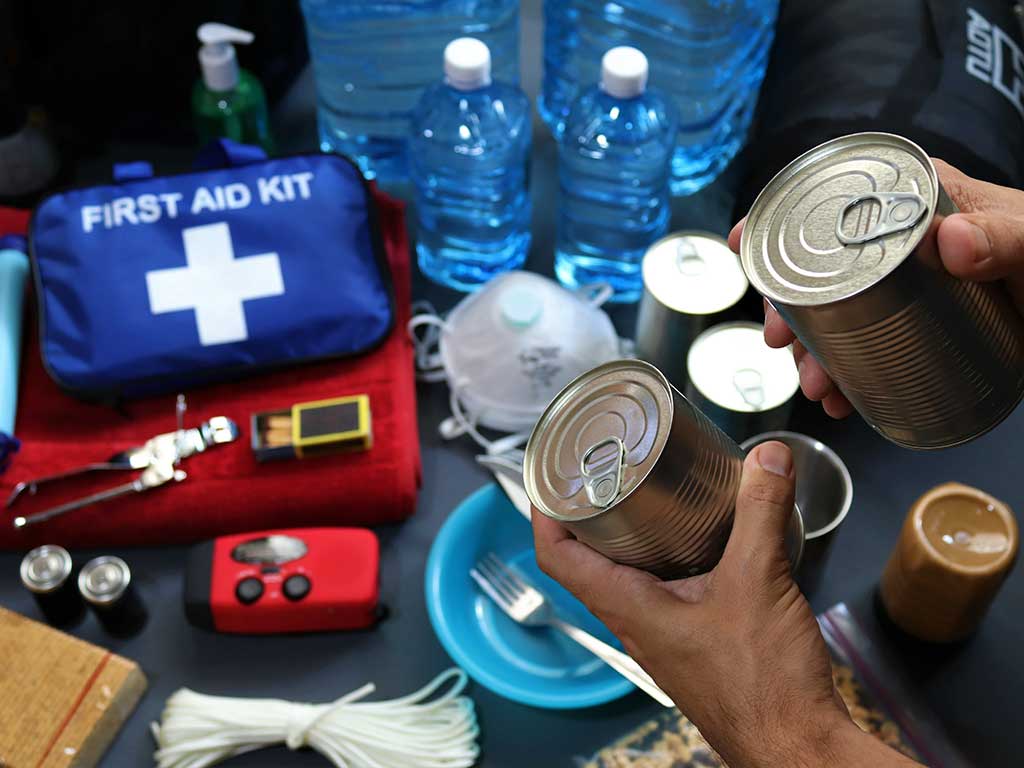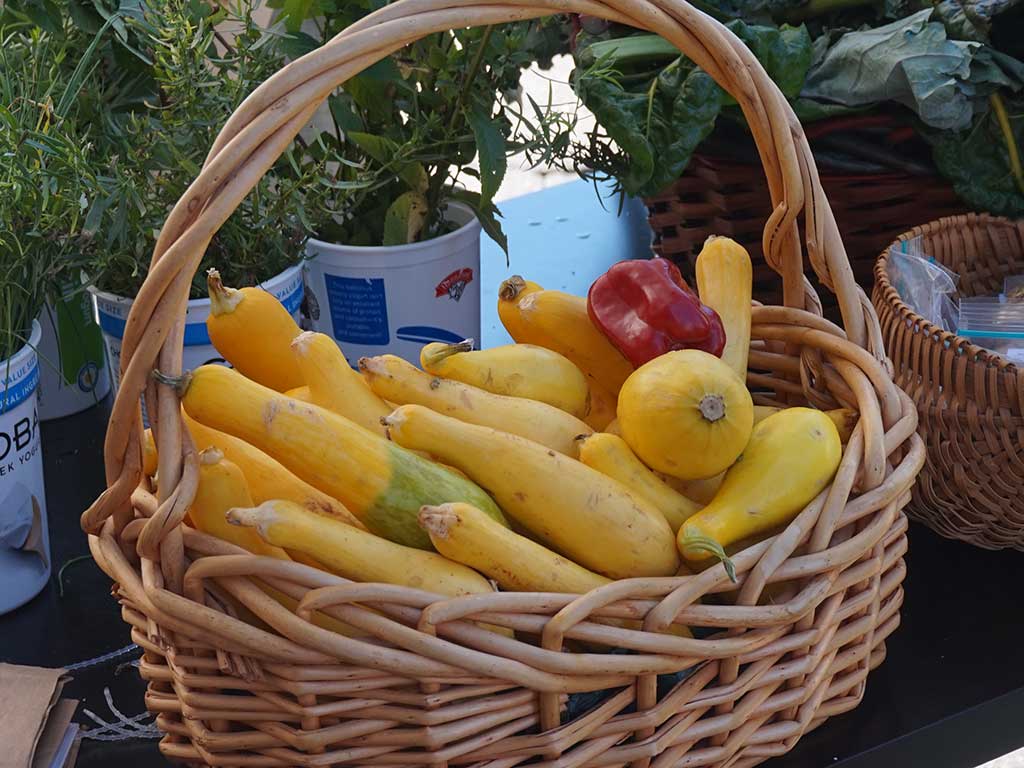
GET READY: IT’S CODE RED FOR HUMANITY
As the most consequential thing to happen in our lifetimes, climate change threatens the existence of life on the planet. This is confirmed by the latest IPCC report. This assessment from the UN’s Intergovernmental Panel on Climate Change documents the link between human activity and our changing climate. There is no remaining scientific doubt about it.
The ridiculously improbable is now more commonplace and possible due to rising levels of greenhouse gases. So, we can look forward to more heat waves, coastal flooding, droughts, wildfires, damaging rainfalls, extremely cold weather, severe thunderstorms, hurricanes, and the like. What’s to be done?
Disaster preparedness becomes imperative when extreme events blow past all previous experience.
How our communities develop infrastructure, social and economic systems, planning and preparedness all matter in making them either more resilient or vulnerable. A major challenge is to stop doing things that create problems (like burning fossil fuels) and start preparing for the coming changes.
BRIGHT IDEA: Consider your options and prepare yourself.

When disaster strikes, you may not have a lot of time to think before needing to evacuate. Therefore:
- Have somewhere to go and be prepared for being on the road or cloistered somewhere. Sleeping gear, a flashlight, candles, matches, etc. are all important considerations.
- Put together a basic first aid kit. (Read Dr. Oren Gersten’s advice on building a stellar first aid kit here.)
- Pack a “Go bag” with things you’re likely to need including the above items and copies of important documents, cash in small bills, food and water to get where you’re going, and an area map.
- Gather essential clothing in a tote bag together with a warm jacket and rain gear.
Should you need to remain in place for an extended time, you can’t count on having a ready supply of drinking water or food. Therefore:
- Store as much water as possible. You can survive for weeks without food but only a few days without water.
- Build a one-week minimum supply of food but gradually increase it to three months’ worth.
Also, since another recession could arrive sooner rather than later…
- Don’t count on the banks being open. Credit/debit cards may not work, so have as much cash on hand as possible.
- Keep your assets liquid. Don’t count on investments retaining their value.
It’s time to stop messing around! Already, this has affected you or someone you know. There can be no ignoring smoke in the air from fires over two thousand miles away.
Visit www.fema.gov for more information on disaster preparedness.
Bright Ideas is brought to you by Portland Climate Action Team which meets the fourth Thursday of the month, 6-7:30 p.m. All are welcome to join in. FMI: portlandclimateaction@gmail.com.





